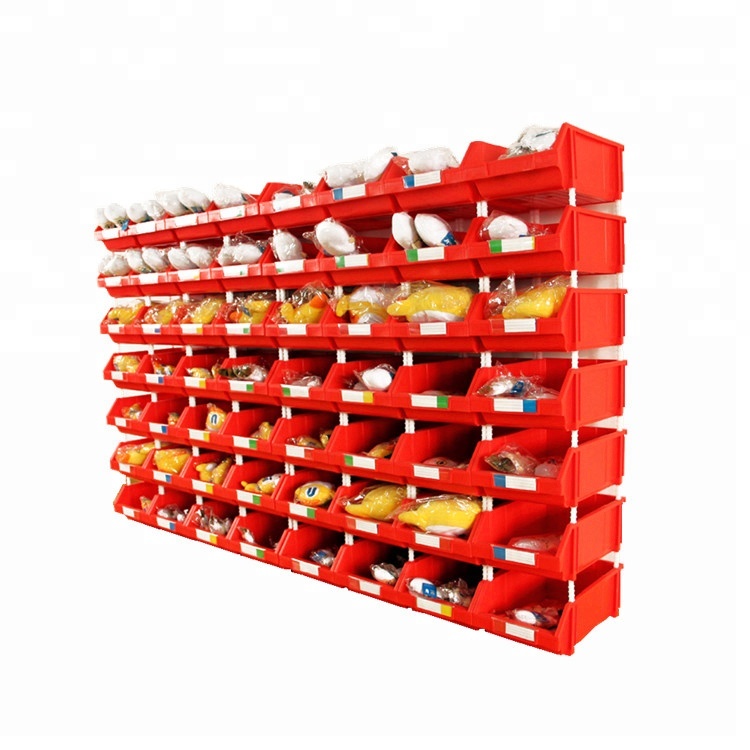Stackable storage is a cutting-edge technology that has been gaining momentum in recent years, revolutionizing the way we manage and store data. In this article, we’ll explore what stackable storage is, its benefits, and how it can transform your data management strategy.
What Is Stackable Storage?
Stackable storage is a concept that involves layering storage resources, such as hard drives or solid-state drives (SSDs), to create a single, cohesive storage pool. This approach allows for greater flexibility and scalability in managing data. Unlike traditional storage systems, stackable storage is highly modular, making it easier to adapt to changing storage needs.
Benefits of Stackable Storage
- Scalability: Stackable storage enables you to easily expand your storage capacity by adding more storage modules as needed. This eliminates the need for costly and time-consuming migrations to larger storage systems.
- Performance: By stacking multiple storage devices, you can achieve higher levels of performance through parallel processing and data distribution. This is particularly beneficial for data-intensive applications.
- Cost-Efficiency: Stackable storage is cost-effective because it allows you to start with a smaller storage configuration and scale up gradually. You only invest in additional storage modules when you actually need them.
- Flexibility: With stackable storage, you can mix and match different types of storage devices, such as HDDs and SSDs, to optimize performance and cost based on specific use cases.
How Does Stackable Storage Work?
Stackable storage systems typically rely on advanced software-defined storage (SDS) solutions to manage the various storage resources. These SDS platforms provide a unified interface for provisioning, monitoring, and managing the entire storage infrastructure.
Conclusion
Stackable storage is a game-changer in the world of data management. Its scalability, performance, cost-efficiency, and flexibility make it a valuable asset for businesses of all sizes. Embracing stackable storage can help you stay ahead in an increasingly data-driven world.
























